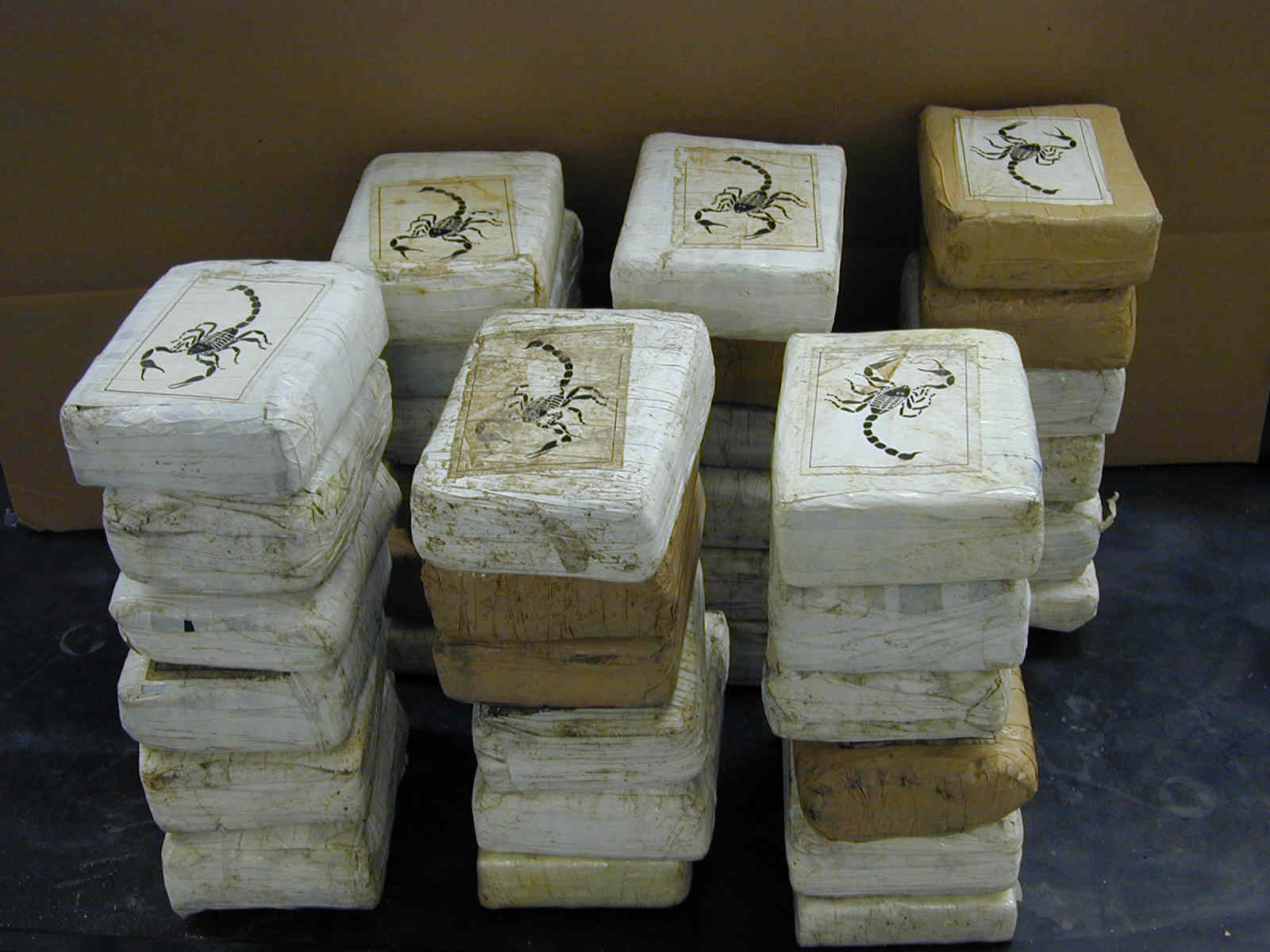Government Grants
Business Grants
Home Owner Programs
Federal Programs
About Us
U.S. Embassy Praia PDS Annual Program Statement
The U. S. Embassy PRAIA Public Diplomacy Section (PDS) of the U. S. Department of State is pleased to announce that funding is available through its Public Diplomacy Small Grants Program.
This is an Annual Program Statement, outlining our funding priorities, the strategic themes we focus on, and the procedures for submitting requests for funding.
Please carefully follow all instructions below.Purpose of Small Grants:
PDS Praia invites proposals for programs that strengthen bilateral ties between the U. S. and Cabo Verde.
All programs that focus on the environment, renewal energy, small business promotion, or expands English will have special consideration.Examples of PDS Small Grants Program programs include, but are not limited to:· Academic and professional lectures, seminars, and speaker programs;· Professional and academic exchanges and;· Journalism trainings and exchanges;· Tech trainings and exchanges such as hackathons and coding camps;· Programs that strengthen U. S. college and university relationships with local higher education institutions, American Chambers of Commerce (AmChams), businesses, and/or regional organizations;· Municipal and regional libraries, and community centers that are interested in becoming an American Space;· Programs developed by an alumnus/a of a U. S. sponsored or supported educational or professional exchange program;Priority Program Areas:· English Language Essay Contests or English Language thematic· Entrepreneurship and Economic Development, with priority given to projects that seek to increase environmental tourism;· Partnerships between U. S. and Cabo Verde institutions committed to education, academic research, and cross-cultural academic exchanges in the field of environmental protection and renewable energy;Participants and Audiences:All proposals should focus on engaging Cabo Verdeans in Cabo Verde.
Proposals can include diaspora but must include local populations.
Those projects that target youth, women, and marginalized communities are encouraged.
Other key audiences may include:
the LGBT community, persons with disabilities, journalists and media professionals, entrepreneurs, NGOs, and English teachers.The following types of programs are not eligible for funding:· Publishing of books· Translation of books· Conference attendance (i.e.
participant travel to UN program conference, etc.)· Programs relating to partisan political activities· Charitable or development activities· Construction programs· Programs that support specific religious activities· Fundraising campaigns· Lobbying for specific legislation or programs· Scientific research· Programs intended primarily for the growth or institutional development of the organization or· Programs that duplicate existing programs
This is an Annual Program Statement, outlining our funding priorities, the strategic themes we focus on, and the procedures for submitting requests for funding.
Please carefully follow all instructions below.Purpose of Small Grants:
PDS Praia invites proposals for programs that strengthen bilateral ties between the U. S. and Cabo Verde.
All programs that focus on the environment, renewal energy, small business promotion, or expands English will have special consideration.Examples of PDS Small Grants Program programs include, but are not limited to:· Academic and professional lectures, seminars, and speaker programs;· Professional and academic exchanges and;· Journalism trainings and exchanges;· Tech trainings and exchanges such as hackathons and coding camps;· Programs that strengthen U. S. college and university relationships with local higher education institutions, American Chambers of Commerce (AmChams), businesses, and/or regional organizations;· Municipal and regional libraries, and community centers that are interested in becoming an American Space;· Programs developed by an alumnus/a of a U. S. sponsored or supported educational or professional exchange program;Priority Program Areas:· English Language Essay Contests or English Language thematic· Entrepreneurship and Economic Development, with priority given to projects that seek to increase environmental tourism;· Partnerships between U. S. and Cabo Verde institutions committed to education, academic research, and cross-cultural academic exchanges in the field of environmental protection and renewable energy;Participants and Audiences:All proposals should focus on engaging Cabo Verdeans in Cabo Verde.
Proposals can include diaspora but must include local populations.
Those projects that target youth, women, and marginalized communities are encouraged.
Other key audiences may include:
the LGBT community, persons with disabilities, journalists and media professionals, entrepreneurs, NGOs, and English teachers.The following types of programs are not eligible for funding:· Publishing of books· Translation of books· Conference attendance (i.e.
participant travel to UN program conference, etc.)· Programs relating to partisan political activities· Charitable or development activities· Construction programs· Programs that support specific religious activities· Fundraising campaigns· Lobbying for specific legislation or programs· Scientific research· Programs intended primarily for the growth or institutional development of the organization or· Programs that duplicate existing programs
Relevant Nonprofit Program Categories
Obtain Full Opportunity Text:
US Embassy Praia, Public Diplomacy Section - Notice of Funding Opportunity
Additional Information of Eligibility:
Registered not-for-profit organizations, including think tanks and civil society/non-governmental organizations with programming experience; Individuals; Non-profit or governmental educational institutions and Governmental institutions.
Full Opportunity Web Address:
https://cv.usembassy.gov/embassy/praia/grants-program/publicdiplomacysection-noticeoffundingoportunity/
Contact:
Agency Email Description:
For Inquiries
Agency Email:
Date Posted:
2024-03-08
Application Due Date:
Archive Date:
2024-07-30
Social Entrepreneurship
Spotlight
Partnerships in Social Enterprises Can Increase Social Impact

Chief executive of HCT, Dai Powell, shares the experiences and practical lessons he learned along the way when teaming up with Ealing Community Transport to deliver site transport during the Olympic Park construction.

